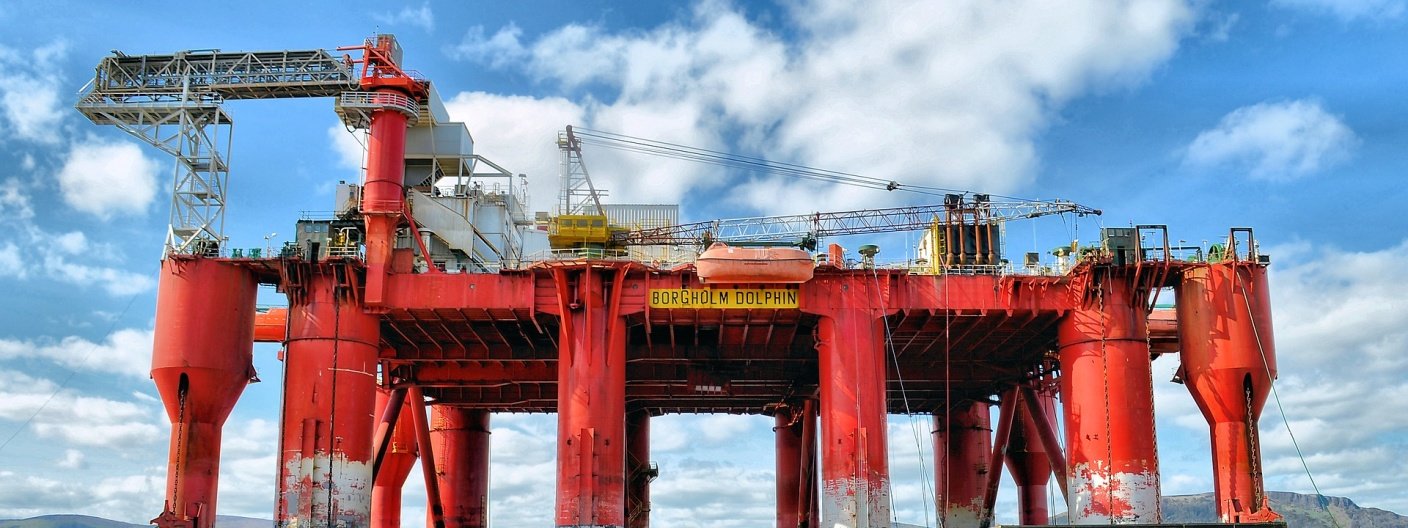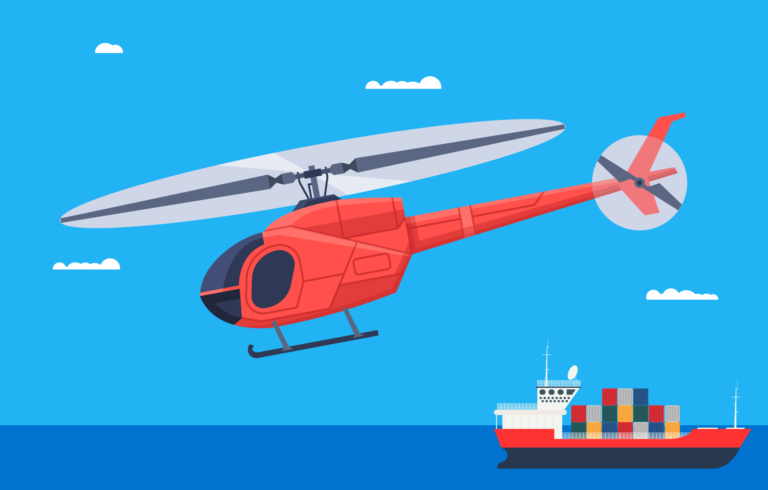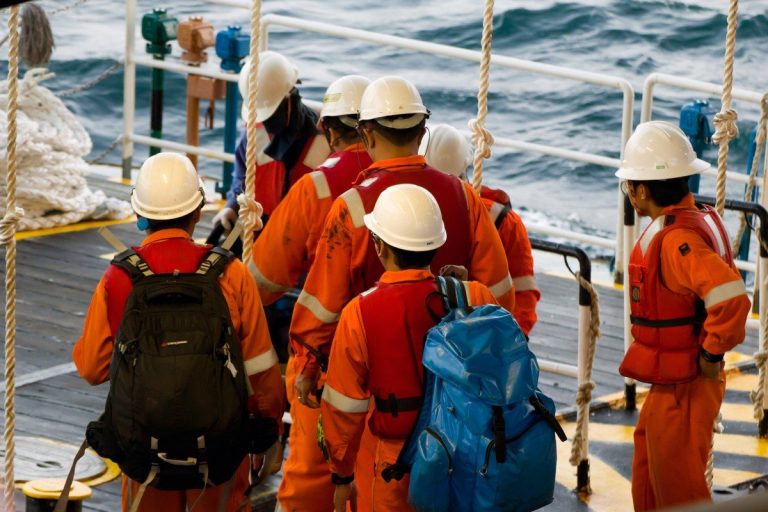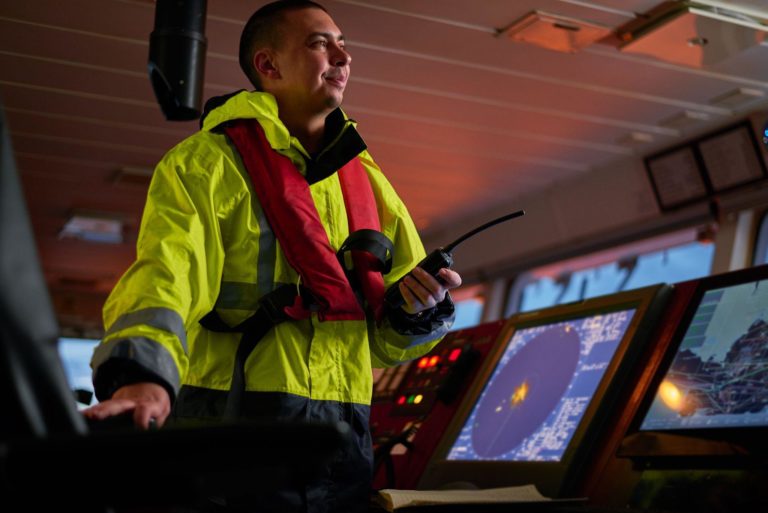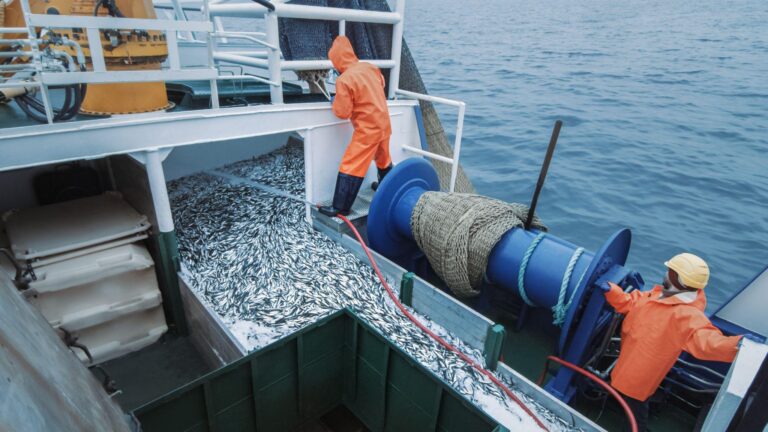If you work in offshore drilling or are interested in pursuing a career as an oil rig employee, it’s important that you know the risks involved and the legal rights you have as a maritime worker. While energy companies do everything they can to keep everyone safe on the job, offshore accidents happen. If you’re injured while working on an oil rig, you should know what your rights and options are.
What Is Offshore Drilling and Why Is It Such a Huge Industry?
Offshore drilling is a method of extracting petroleum from the earth in offshore locations covered by water. The rock layers that lie beneath the seabed are often rich with petroleum, which can be pumped to the surface for collection via an oil well. The continental shelf along the southeast coast of the United States is one of the most prolific drilling locations.
The process of drilling underwater has raised controversy over the years, with some concerned about the release of hydrocarbons and the risk of pipeline leakage or oil tanker spills. Nevertheless, offshore drilling remains an incredibly valuable source of the fossil fuels we still currently rely on.
For Maritime Workers, Working on an Oil Rig Is High-Risk/High-Reward
From start to finish, the process of drilling for oil is one that involves a certain amount of risk. Not only is the drilling itself potentially hazardous, but the labor and equipment involved present their own accident and injury risks.
Because of the dangers involved in offshore drilling work, the jobs are usually relatively high-paying. Unfortunately, even good pay can’t always cover the medical bills and lost income that injured employees face, especially if they are part-time workers.
Maritime companies have a legal obligation to make sure that the structures and ships their employees work on are considered “seaworthy.” If it isn’t sufficiently designed, outfitted, or maintained to be safe to operate on or in water, it isn’t seaworthy. This responsibility is about more than just cleaning and repairs, however; it’s also about ensuring a safe work environment for employees.
Serious Physical Risks
Working on an oil rig during an active offshore drilling operation has significant physical risks. Possible harm includes broken bones, crushed limbs, internal organ damage, spinal disc injury, lacerations, burns, and toxic chemical exposure. In the worst cases, oil rig accidents may be fatal.
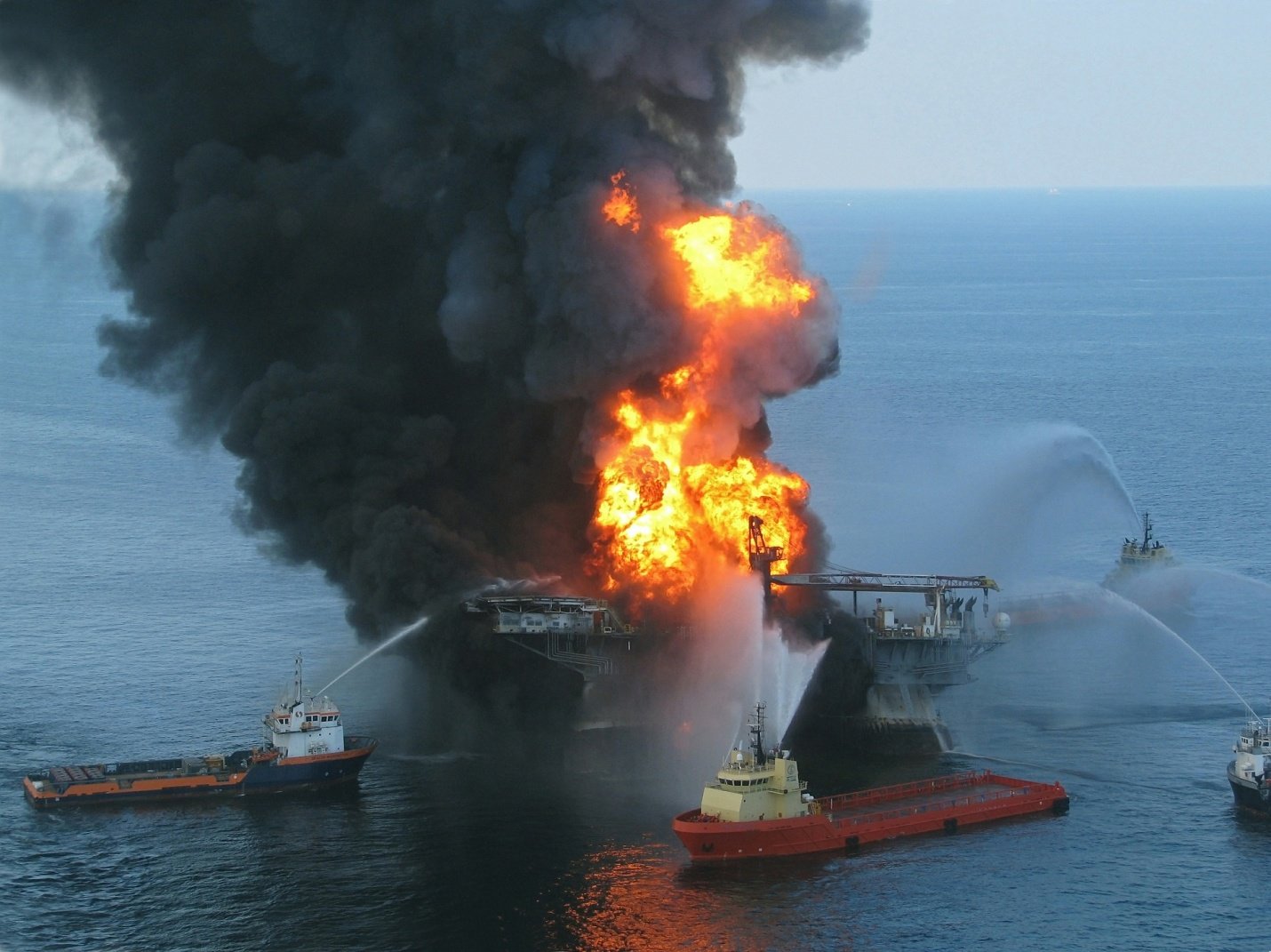
Some of the risks include exposure to hazardous and flammable gases like hydrogen sulfide and methane, which may be released during the drilling process. Oil rigs also typically have a variety of other combustible materials on site, making fires and explosions an especially serious concern.
Other physical risks include standard workplace safety concerns, such as slips, falls, equipment malfunctions, improper use or distribution of personal protective equipment, falling materials, and poor compliance with safety and maintenance requirements. If a piece of heavy-duty drilling equipment is not properly inspected and maintained, it could lead to a dangerous malfunction or explosion.
If You Work in the Maritime Industry, You Have Unique Legal Rights
Under U.S. maritime law, also known as admiralty law, individuals who work on the sea or along the shoreline are given special protections. For seamen and dock workers who are injured on the job, the most important aspects of maritime law are the Jones Act, Maintenance and Cure, and the Longshore and Harbor Workers’ Compensation Act.
The Jones Act: Maintenance and Cure
The Jones Act is a section of maritime law that governs shipping between ports as well as the rights of seamen to seek damages for workplace injuries. In order to qualify for Jones Act protection, a worker must spend at least 30% of their time working on some kind of vessel.
Because maritime work is not covered by state or federal laws, employees can’t simply file a claim for workers’ compensation. Instead, an injured worker has the right to sue their employer for compensation. In order to receive damages, the victim must be able to prove that there was negligence on the part of the ship’s owner, captain, or crew.
One of the most important parts of the Jones Act for injured workers is an aspect known as maintenance and cure. This part of the law entitles injured offshore employees to a certain amount of compensation for their losses. First, the worker is entitled to receive a standard distribution of money to help them maintain financial stability while they recover (maintenance). In addition to that, they are entitled to compensation to cover the cost of bills related to medical services and injury treatments (cure).
The Longshore and Harbor Workers’ Compensation Act
Maritime workers who aren’t considered Jones Act Seamen may instead be covered by the Longshore and Harbor Workers’ Compensation Act. This act provides compensation and benefits to those who work on navigable waters (less than 30% of the time) or in the area of the harbor. Covered employees might be shipbuilders, harbor construction workers, longshoremen, or dock workers who load and unload ships.
What to Do if You’re Injured on the Job
When you’ve been hurt in an accident while working on an oil rig, it can be hard to determine the right course of action. The following are a few things you should do, after your injury, to ensure you get everything you are owed as a victim.
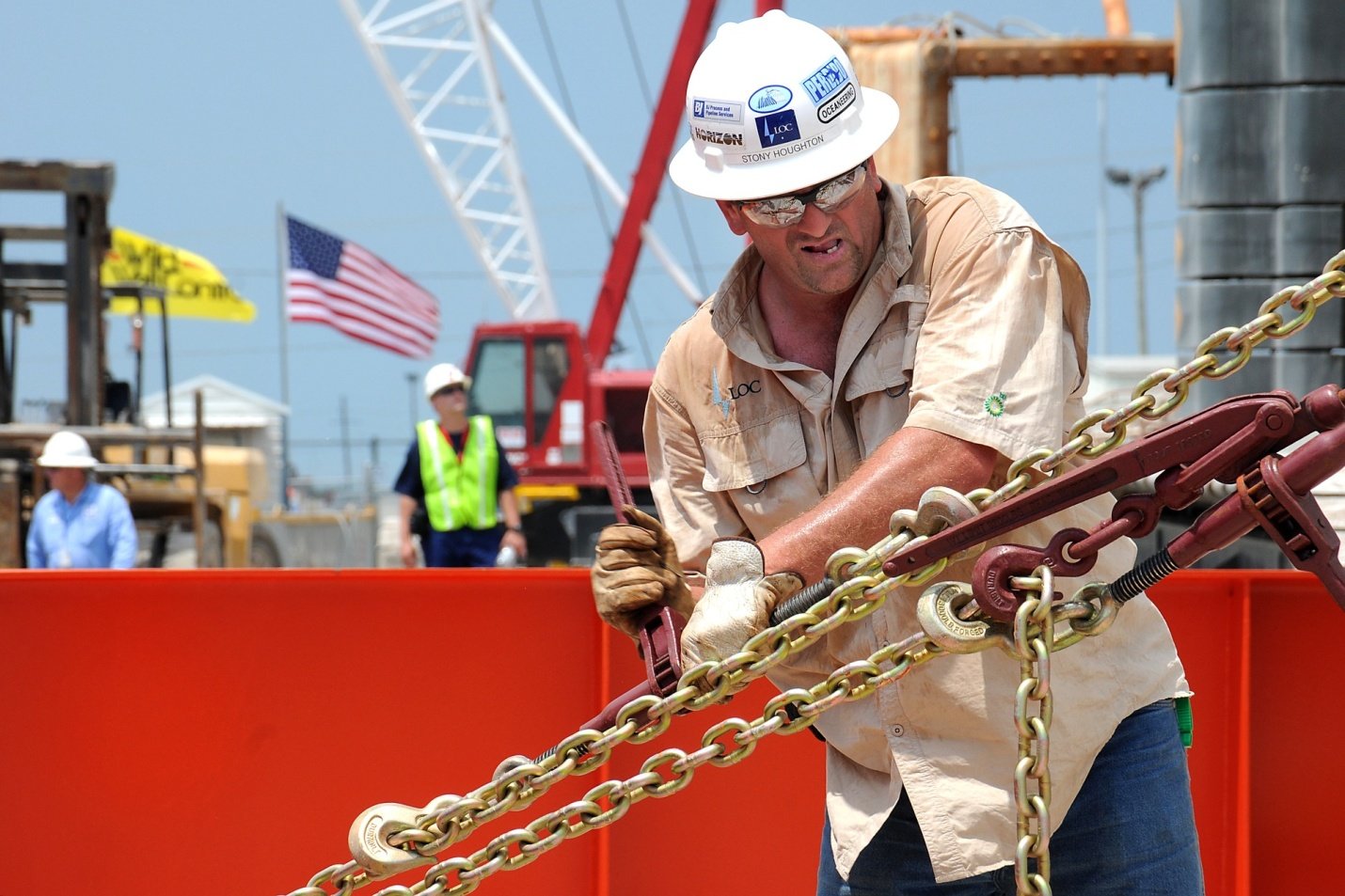
Seek Medical Attention
Before you do anything else, your injuries need to be addressed. Don’t try to tough it out; even if you suspect a simple sprain, you should be seen by a doctor as soon as possible. Some injuries like concussions and internal bleeding can be difficult to recognize without a medical exam.
Report Your Injury to Your Superior(s)
Don’t keep your injury to yourself. Not only will your employer require you to report any injuries, you’ll also need to inform them in order to move forward with seeking compensation.
Take Notes (and Photos if Relevant)
If you are able, take notes about what happened in your accident. As time goes on, you may start to forget key elements of the event; writing them down is a good way to capture the details for future use. If you can, take photos of workplace hazards or damaged equipment as evidence as well.
Discuss Your Situation with a Maritime Lawyer
Get in touch with an attorney who has experience working cases in the maritime industry. A lawyer can explain your rights under U.S. admiralty law and help you determine whether you have a case for additional compensation due to employer negligence.
Need Help? Talk to an Experienced Houston Maritime Accident Lawyer
If you’ve been injured while working on an oil rig, barge, or another vessel involved in offshore drilling operations, you may be entitled to much more compensation than your employer or insurance company are telling you. With the help of an expert offshore accident lawyer from Schechter, Shaffer & Harris, L.L.P., you can make sure you’re really getting paid what you’re owed.
Over the last five decades, we’ve used our maritime expertise to recover more than $720 million for injured offshore and harbor workers. With over 100 years of combined experience, we have the specialized knowledge necessary to get you the results you deserve. You won’t owe us a cent unless we recover a settlement for you.
To schedule your free consultation with a maritime injury attorney, contact us online or call us at (800) 836-5830.
Source:

